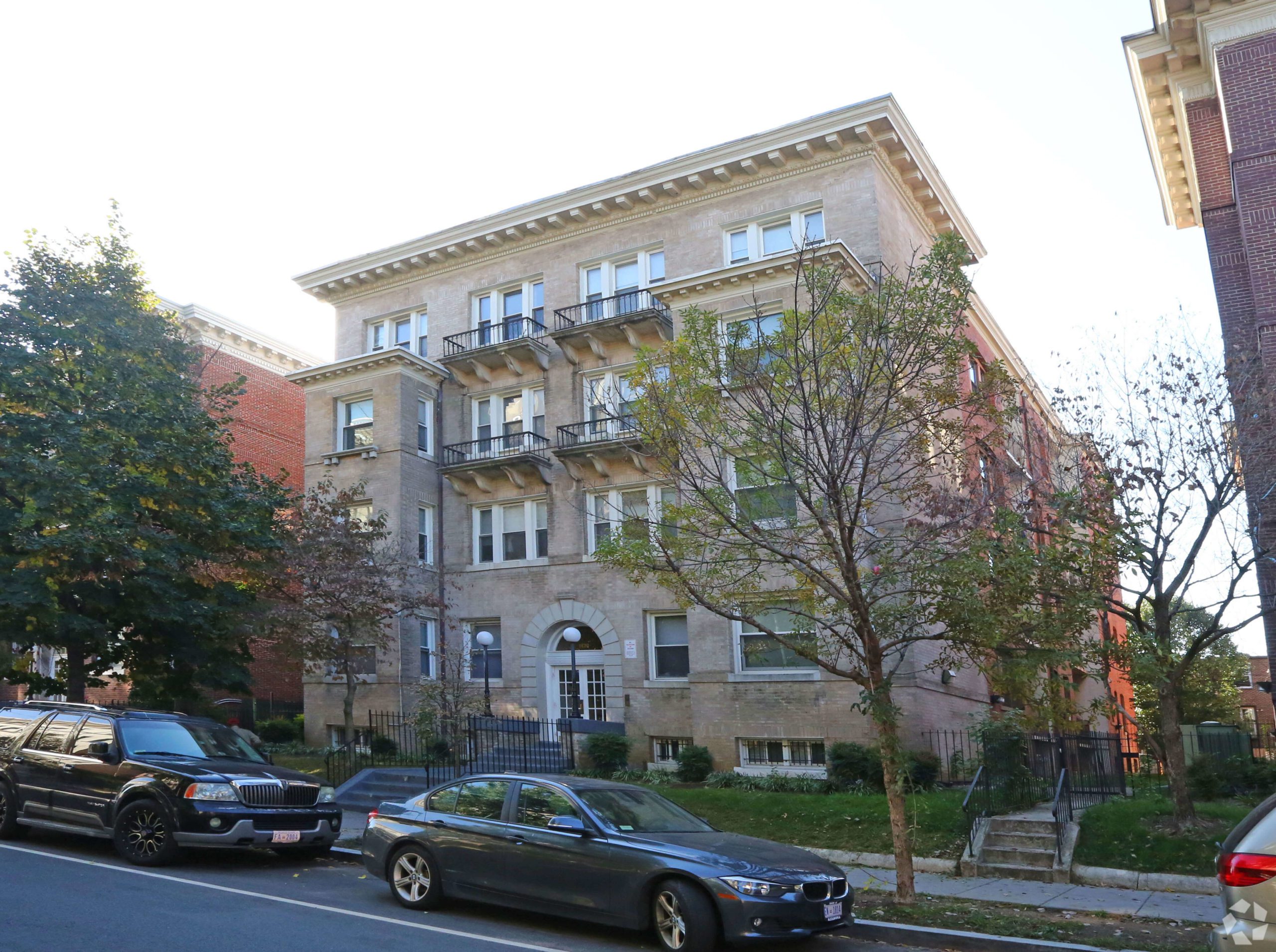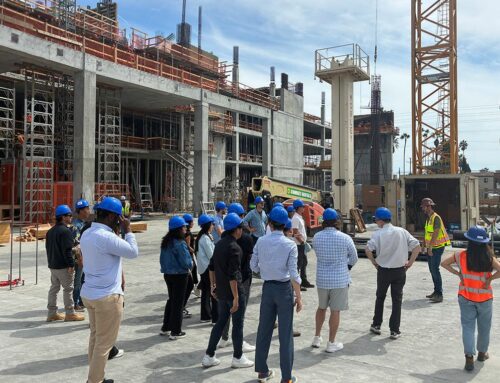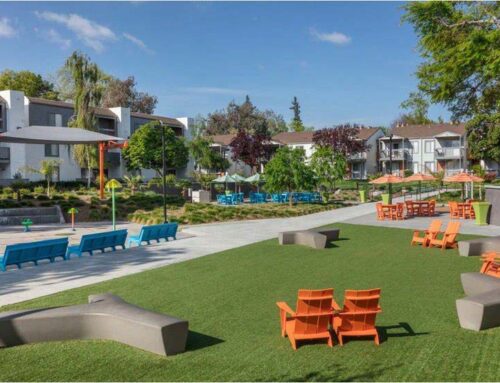Tenants Play Large Role in Preserving their Section 8 Housing in Washington, D.C.
When Standard Communities approached Walker & Dunlop about closing an affordable housing rehabilitation transaction in three months, it seemed like an unlikely task.
However, the unlikely became reality. Closing for Ritch Homes Apartments in Washington, D.C., was one of the fastest Walker & Dunlop and Standard Communities has ever achieved. The development team worked together to close the transaction before the end of 2020 and renovations have begun.
Closing financing and starting construction or rehabilitation on an affordable housing community can sometimes take years to plan out. Developers are often waiting for a low-income housing tax credit (LIHTC) award. Tweaking the capital stack and making sure everything fits just right can be a big task as well, and other times the sheer number of parties involved can slow the process down.
“The entire deal team worked collaboratively to create a financing structure that provided significant economic savings while simultaneously allowing for the extremely quick closing schedule,” said Kent Neumann, an attorney at Tiber Hudson LLC, a Washington, D.C., boutique law firm that specializes in affordable housing transactions and served as co-council for Walker & Dunlop. “There are a lot of interconnected components and logistics when dealing with FHA [Federal Housing Administration], tax-exempt debt, low-income housing tax credits and Section 8–all on the same transaction, so it is critical to manage all of these aspects of the deal in an efficient way. Standard Communities was able to navigate these various facets in an impressive manner that really highlights their expertise and their hard work to get to closing on an accelerated schedule.”
Walker & Dunlop arranged financing for the development through the U.S. Department of Housing and Urban Development’s Section 221(d)(4) substantial rehabilitation program and Standard Communities got $7 million in LIHTC equity from PNC Bank, with credits coming from the D.C. Department of Housing and Community Development (DHCD).
Something Old and Someone New
Ritch Homes Apartments is a Section 8 community that was on the brink of losing its affordability. Standard Communities, with the help of Walker & Dunlop, was able to step in and protect the community’s affordability while also financing a substantial rehabilitation.
The building that has become Ritch Homes Apartments was built in the 1920s by prolific developer Harry Wardman, who developed a significant portion of the surrounding neighborhoods. While Ritch Homes has maintained a certain level of upkeep, it still needs a big push to bring it into the 21st century.
The community is located on the 14th Street corridor in D.C., which is close to the downtown and central business district. It is also close to transportation including the Dupont Circle Metro, which goes from downtown to the suburbs of the area. Ritch Homes Apartments is centrally located within the city.
“We’re proud to be involved with a development like this in a much-needed area,” said Chris Rumul, senior managing director of Walker & Dunlop.
Preserving the affordability of Ritch Homes also presented an unusual situation for the owner, developers and tenants.
“In the District, the tenants have the first right of refusal to sell or work with a developer,” said Timmy Attridge of Standard Communities. “We were competing with a few other groups, but it was up to the tenants to decide who they wanted to work with. The tenants reviewed proposals from several different development teams, so we were thrilled and honored that they selected Standard Communities to work with on this exciting development.”
It’s important to Standard Communities that tenants are able to give their input on the future of their homes.
“With our preservation developments around the country, it is very important for us to work together with the tenant association’s board members to align our vison with theirs,” said Attridge. ”It is not uncommon for a buyer and seller to come to an agreement on the sale of the facility, but for Standard, it is important for us to also get input from the tenants.”
Perhaps the most complex challenge in many affordable housing renovations is creating a seamless transition for the tenants while also doing the necessary work.
Goals Beyond Housing
Every affordable housing stakeholder shares the same goal: keep people housed and provide quality housing. However, their approach to that is not always the same. Even the same company can have a different approach to different affordable housing developments.
“Our goal is to preserve and upgrade these properties and maintain high-quality affordable housing,” said Rumul. “Instead of displacing 42 families, we preserve their homes and guarantee long-term affordability.”
A development can’t be completed with the work of just one stakeholder. Developers, syndicators, investors and legal counsel must all work toward a common goal.
“We believe it is extremely important to be collaborative in our approach,” said Allison King, another attorney at Tiber Hudson that also worked on the transaction. “We want to problem-solve, think outside of the box and create the best structure for our projects. We’re proud of what we’re able to achieve. Being able to close a complex structure in such a short timeframe speaks to the relationships that we have in the industry. That teamwork brought everything together.”
Conclusion
The preservation of Ritch Homes Apartments will provide housing and long-term affordability for 42 families in Washington, D.C. While at first, closing the deal in 120 days seemed unlikely, the stakeholders worked together and were able to close the deal in record time. Construction is expected to be mostly complete by the end of 2021.
Originally published in Novogradac’s May 2021 Issue










